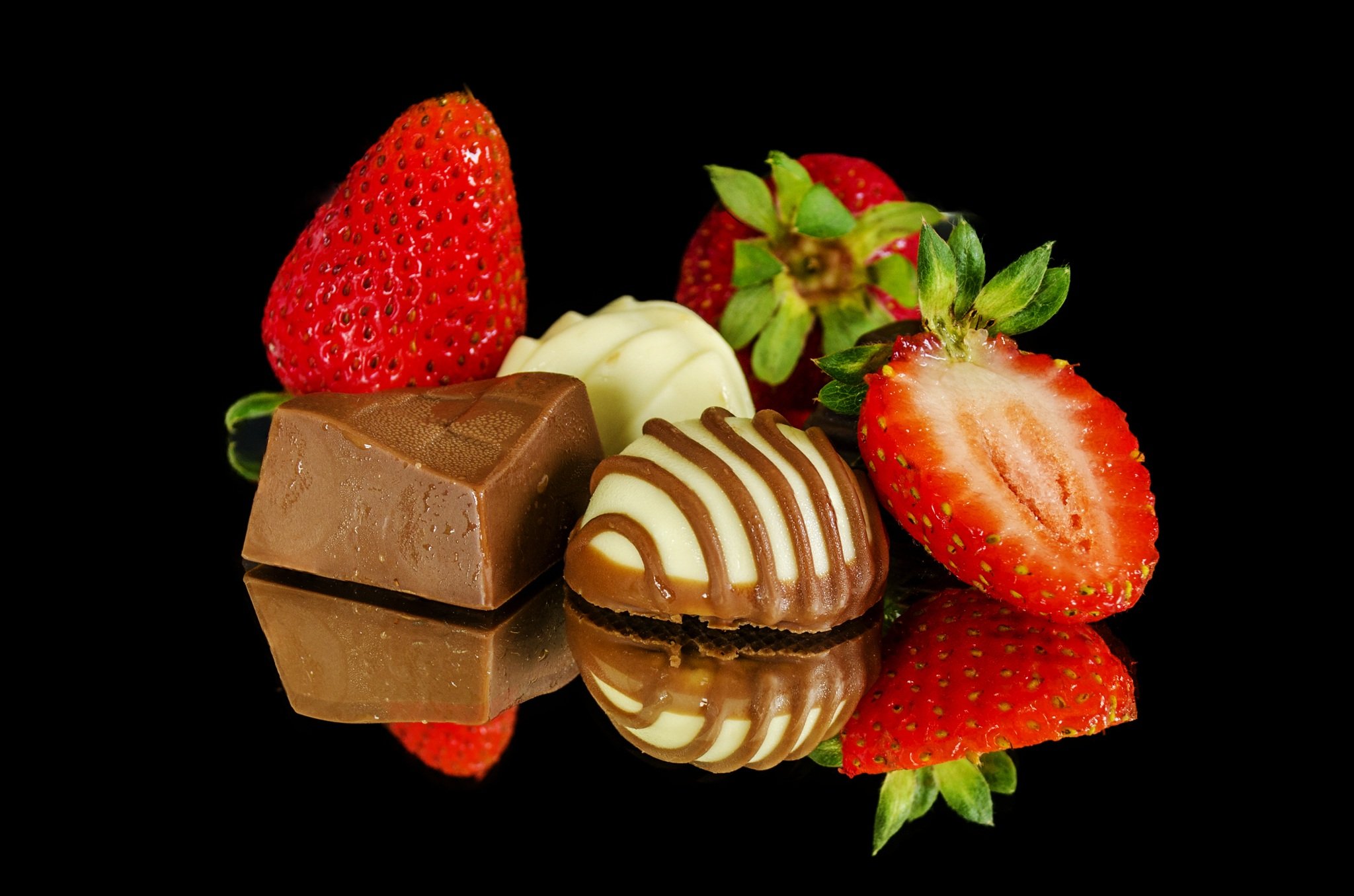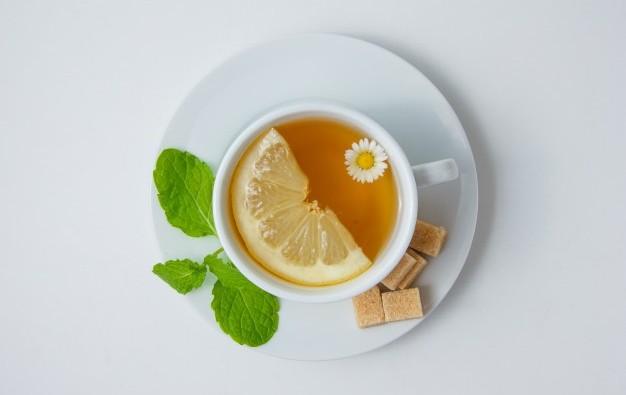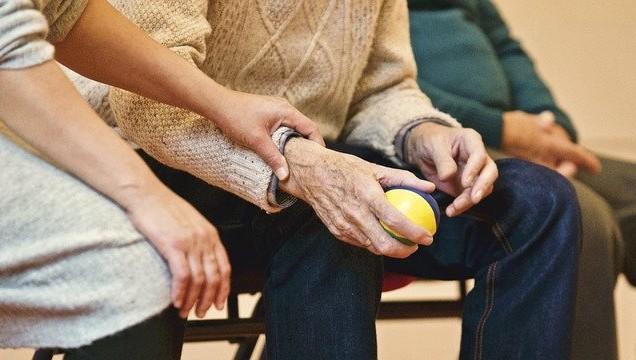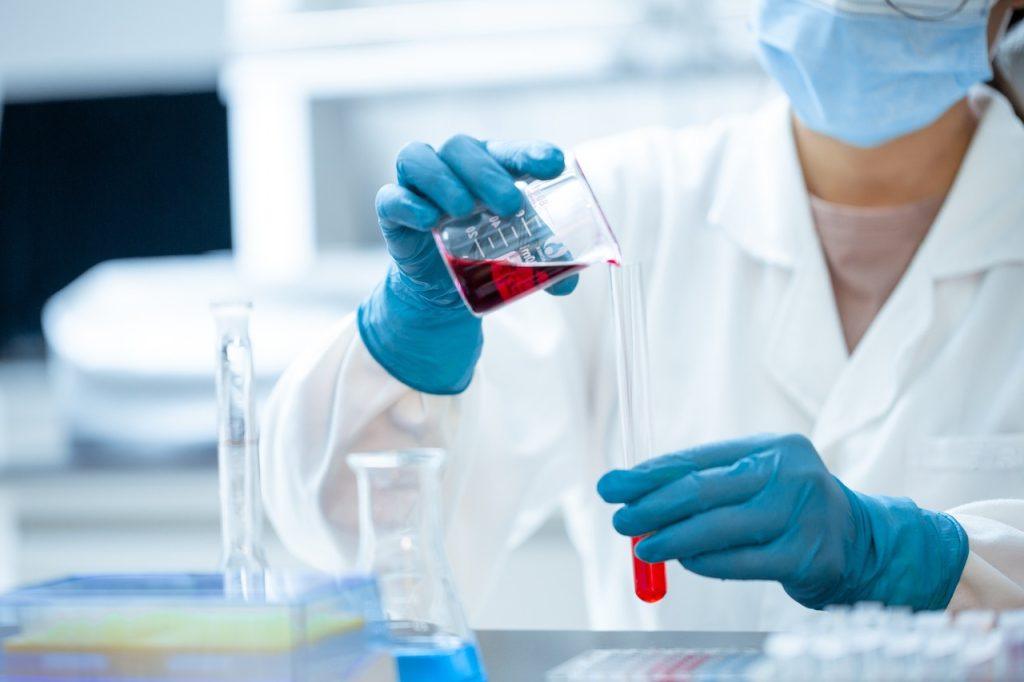When it comes to certain foods, pregnancy requires caution. Pregnant women are recommended to avoid foods that will increase the risk of compromising your pregnancy. Which is why a food safety guide for pregnant women is recommended.
Chocolate is safe to consume during pregnancy and could even have health benefits in moderate amounts. However, with every pregnancy being different, we recommend talking with your doctor about the amount of chocolate that is safe for you to consume, depending on the circumstances surrounding your pregnancy.
Overeating chocolate during pregnancy means that you are getting too many calories and too much fat, which could result in excessive weight gain.
Adding too much weight during pregnancy could result in fatigue, gestational diabetes, high blood pressure, varicose veins, and it also increases the chances of undergoing a cesarean section delivery.
An ounce and a half of dark chocolate contain 290 calories and 19g fat, and a similar amount of milk chocolate has 235 calories and 13g fat.
Chocolate is also high in sugar, with about 18g per 1.5 ounces of dark chocolate, and about 23g for a similar amount of milk chocolate. Consuming too much sugar during pregnancy increases your risk of gestational diabetes, excessive weight gain, and dental health issues.
It is necessary to ask your obstetrician to help determine the amount of sugar that is safe for you and your developing baby.
Pregnant women should also monitor the amount of caffeine they consume. It is recommended that you limit your caffeine intake to 200-300mg per day.
Chocolate also contains some caffeine, and if you consume it with caffeine drinks such as coffee, soft drinks, and tea, you could be exceeding the amount of caffeine intake considered safe during pregnancy.
A 1.5-ounce serving of dark chocolate contains 43 milligrams, and the same amount of milk chocolate has 9 milligrams of caffeine. Consuming high levels of caffeine could result in a baby with low birth weight, and in extreme cases could cause a miscarriage.
The good news is, eating a controlled serving of chocolate once in a while won’t likely harm your pregnancy and could actually have health benefits.
A 1-5-ounce serving of milk chocolate contains 83mg of calcium, and the same amount of dark chocolate contains 31mg. Calcium is crucial for your baby’s developing teeth and bones.
Chocolate also has antioxidants that protect both your immunity and that of the baby and helps reduce the risk of health complications like cancer and heart disease.
Controlled chocolate intake can also help reduce the risk of preeclampsia by up-to 70%. Preeclampsia is often characterized by high protein levels in urine and high blood pressure. This condition can lead to your death or the baby in extreme cases.
That said, you need to choose your chocolate wisely. There are different types of chocolate, and some are filled with sugary content, while others have low sugar content.
Dark chocolate has fewer calories than milk chocolate, but not everyone likes the taste of dark chocolate. If you prefer to eat chocolate-covered cherries or filled milk chocolates, consider reducing the amount you eat.
If there are any underlying medical conditions that could potentially be worsened by eating large amounts of chocolate, it is advisable to skip chocolate until the doctor clears you.
Even though snacking on a full box of chocolate is not the healthiest decision, overindulging could potentially harm your baby. But in reasonable amounts, chocolate can be a safe, lovely treat to indulge your sweet tooth or pregnancy cravings.
So, is it safe to consume chocolate during pregnancy? Yes, it is safe, but watch your calorie, caffeine, and sugar intake. Learn more on the foods to avoid during pregnancy on childmode.com.

















